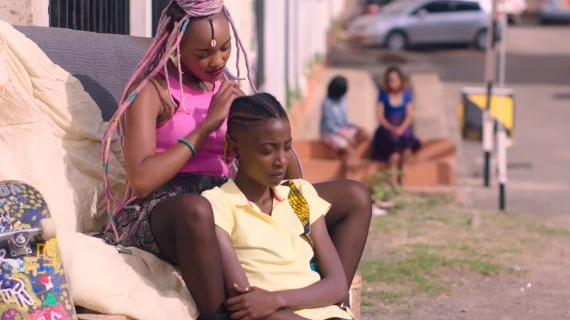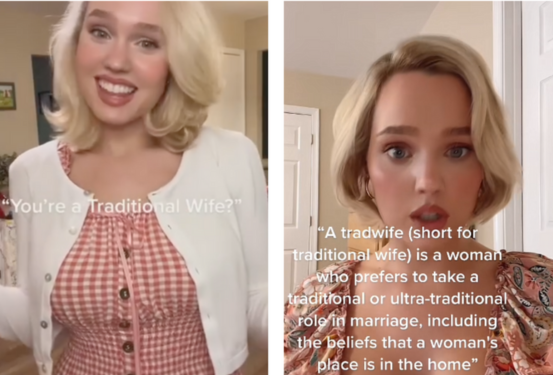“Good Kenyan girls become good Kenyan wives,” but Kena and Ziki long for something more. Despite the political rivalry between their families, the girls resist and remain close friends, supporting each other to pursue their dreams in a conservative society. When love blossoms between them, the two girls will be forced to choose between happiness and safety.
Rafiki forms a part of a narrative expressed by a new generation of African storytellers. Written and directed by Wanuri Kahiu, the film came into being in 2012 during a script development workshop. Pre-production for the film began in late 2016 and noteworthy, it was the first Kenyan film that made it to the Official Selection at Cannes. With an entirely Kenyan crew except for four HODs from elsewhere, the film was created over a span of four weeks making use of a Nairobian housing estate as well as other city locations. The female led film can be read as a celebration of young Kenyan women in the creative industry. The same sex love tale was banned by the Kenya Film Classification Board due to “promot[ing] lesbianism in Kenya contrary to law.” The KFCB issued a warning that individuals in possession of the film would be violating legislation. The ban of Rafiki was followed by widespread outrage by the LGBTI community and its supporters. Director and writer, Kahiu, took to legal action against the Kenyan government fighting for the right to have the film screened in order to have the piece eligible for consideration for the Academy Award for Best Foreign Language Film at the 91st Academy Awards. The Kenyan High Court lifted the ban on the film for seven days on the 21st September 2018.

Rafiki is a film with a personal herstory as Kahiu began building the plot in her mind as a teenager when she saw her first film about young African love. “I had never seen any Africans kiss. I still remember the thrill, surprise and wonder and how the film disrupted my idea of romance,” she tells The Writing Studio. ‘Jambula Tree’ would later on become a major source of inspiration. She continues to express in the same interview, “As a romantic, I had to bring to life the tender playfulness of the girls in ‘Jambula Tree’ and as a filmmaker, it was vital to show beautiful Africans in love and add those memories to cinema.” The title itself comes from the Swahili word for friend, rafiki. Kahiu explains that often times Kenyans in same sex relationships are unable to introduce their partners or lovers in a way they would like due to the conservative views embedded in society and the country’s constitution. They thus use the term friend; rafiki.
The film becomes a challenge to human rights violations connected to same sex relationships in East Africa. In the last five years of developing the film, Kahiu states, that there have been concerning developments in anti-LGBTI movements within East Africa, with local and international television programmes being banned for featuring LGBTI content, thus stifling freedom of speech. “My hope is that the film is viewed as an ode to love, whose course is never smooth, and as a message of love and support to the ones among us who are asked to choose between love and safety. May this film shout where voices have been silenced.”
The experience we want to communicate is the incredibly soft yet awkward newness of first love and the willingness to risk everything, and choose it. To do that, we allowed for awkward silences, held gazes, improvised dialogue and fluidity of movement between Kena and Ziki.



















































